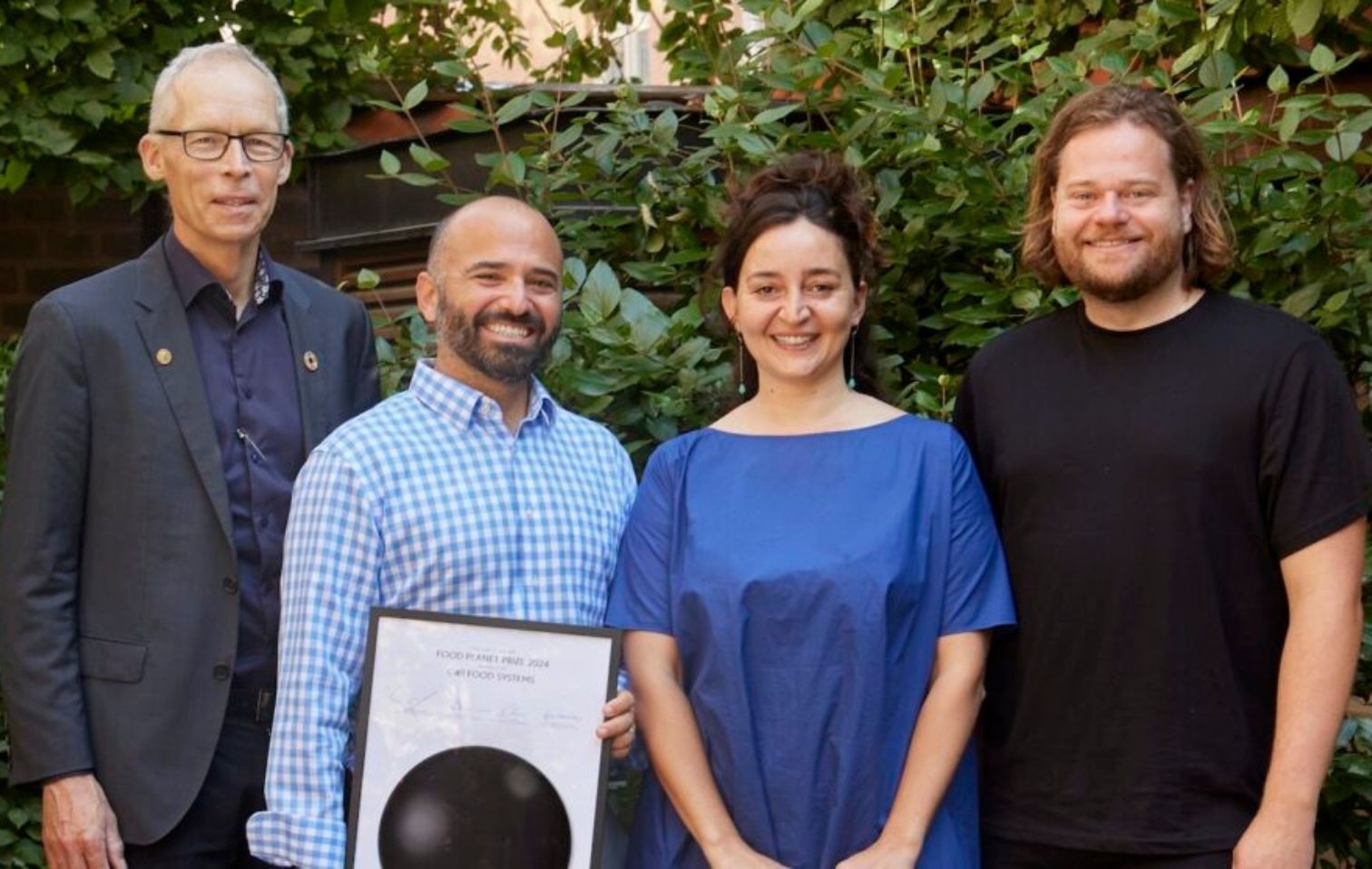The prize was awarded to C40 Systems, an organization that connects the mayors of more than 100 cities, representing more than 700 million people.
The event
When chef Magnus Nilsson closed his legendary three Michelin Star restaurant Fäviken at the very peak of its powers in 2019, people assumed he would miss the buzz of the kitchen and that eventually he would open another restaurant once he got bored. Not so. The chef is keeping himself busy with other things – an organic apple orchard and the intention to make cider is what has taken up most of his time, but the chef has other interests. Not least as Managing Director of Curt Bergfors Foundation, which runs the Food Planet Prize the world’s biggest environmental award dedicated to food and the food system.
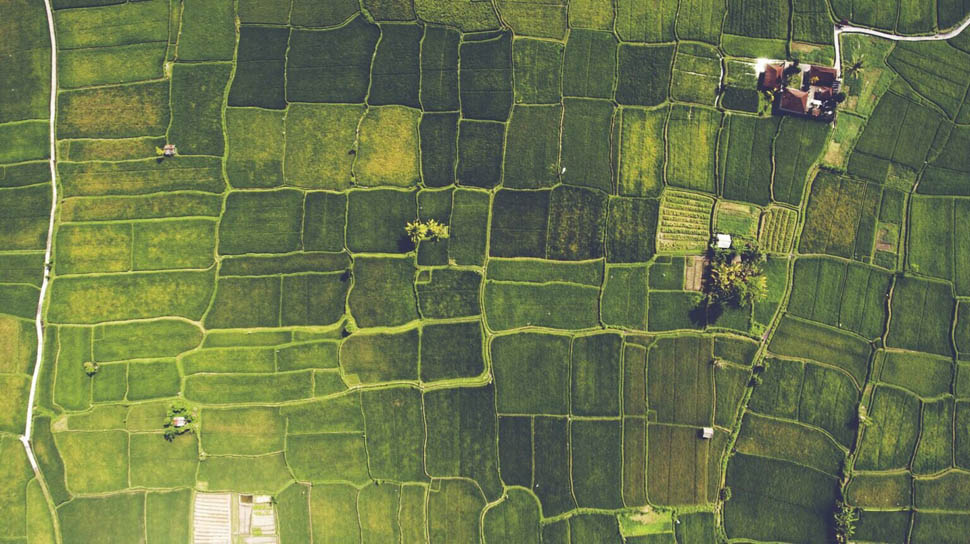
When asked about whether he has any plans to go back to the kitchen, he says: “No, I don’t miss it. I think I’m over the whole restaurant thing and besides, I’m so busy doing really interesting things, like the Food Planet Prize. You know that amount of money can make a really big decision for a non-profit organization. That’s very rewarding to be part of”. The year, at a ceremony in Stockholm, Sweden, the prize was awarded to C40 Systems, an organization that connects mayors from over 100 cities, representing over 700 million people. The world is increasingly urbanized, people live in cities, which will continue to grow as climate change and socio-economic issues drive people from rural areas into urban settings. Today, it is thought that 44% of the world’s population lives in cities and that is only set to increase.
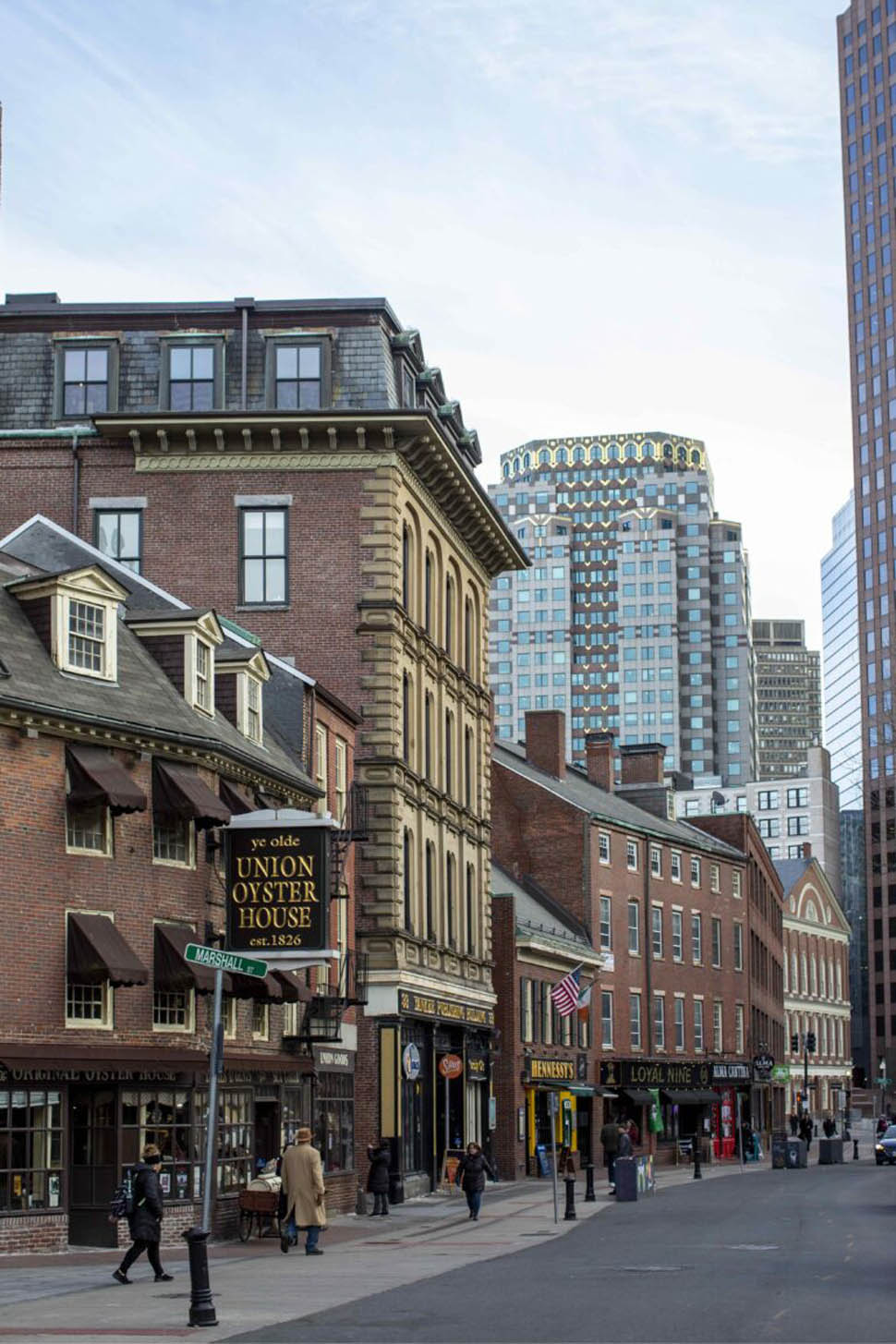
Cities are where the people are, but they are also dynamic and creative places. It’s no easy task to create a flourishing urban system that treats everyone fairly and equally, that responds to crises effectively and provides services for all, under economic pressures. And yet these incredibly complex and sophisticated systems are created by local governments all the time. Food, its provision, its distribution and its waste management are crucial to the functioning of a city. People need to eat and the infrastructure needs to be put in place to allow them to eat sustainably and healthily. It is the local government that does this, and city mayors are powerful officials that can affect real change in this area. C40 was founded in 2005, when London Mayor Ken Livingstone convened representatives from 18 megacities to forge an agreement on cooperatively reducing climate pollution and created the 'C20’. Since then the organization has grown to include mayors from over a hundred cities around the world. It facilitates discussion and the sharing of ideas, learnings and of course, data between mayors to allow them to work more effectively.
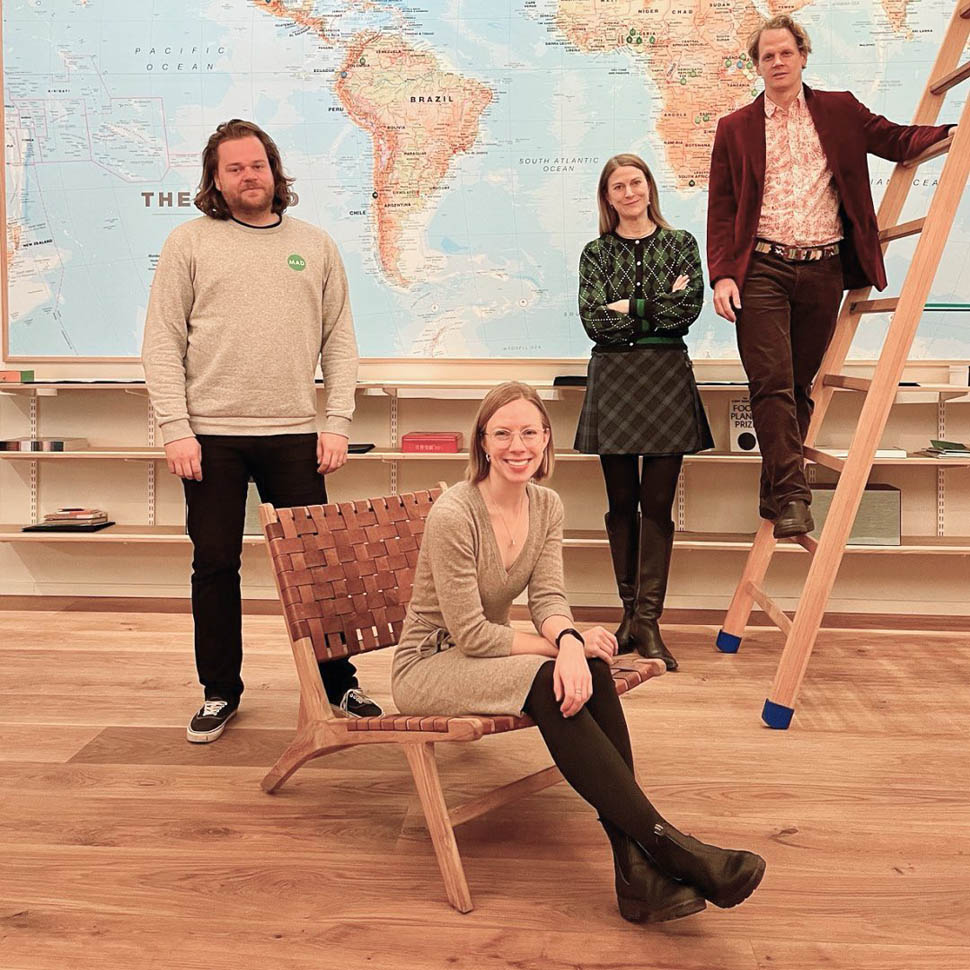
They picked up their awards from the Food Planet Prize in Stockholm, Sweden, which includes a fund of $2 million to help them scale their activities. The FPP is different from, say, the Nobel Prize, which rewards achievement, but focuses instead on the initiative’s potential to have lasting impact. C40 came in first place ahead of a shortlist of nominees from around the world all doing incredible work to make change in the food system. Organizations like Aquagrain, which has developed a product that can regenerate degraded soil, or Transfarmation, a group dedicated to help and support farmers who want to transition out of animal farming to a plant-based agriculture. “We were surprised to win,” said Zachary Tofias, C40's Director of the Food and Waste Program. “Because, although we know and stand behind all the work we are doing, we met so many incredible people here at the Food Planet Prize, that it opens your eyes to the other side. We are focusing on one slice of the pie and what we saw here is that there systems of systems… and systems. We are positioned to help on the demand side, so we are already talking to our partners to get them involved in cities. Cities are where the consumption happens, they are where the people are, it’s where innovation happens”.
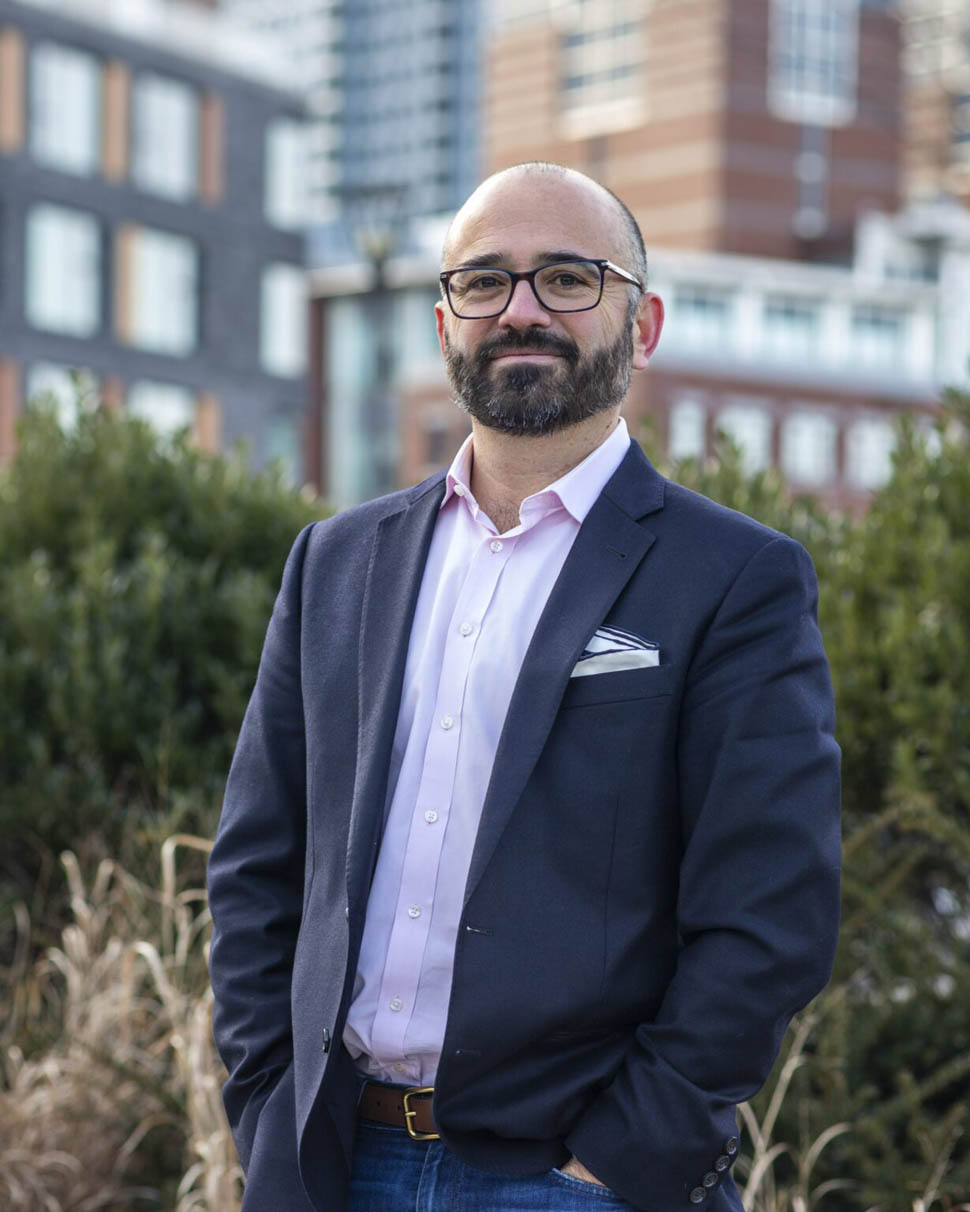
Mayors have a limited time in the job, but the policy they put in place when they are there remains in place so the changes are permanent and effective. C40 works in the execution of these actions relating to how people eat in cities. Every success, every lesson and every bit of data gathered by the mayor's teams can be shared and put to good use in another city. “What we are doing is a mix of supporting delivery but also supporting policy. Cities are complex systems in and of themselves and mayors have a huge amount of power for positive impact. Because we’re working with nearly 100 cities that have over 700 million people and over a quarter of the world’s economic activity, we have the opportunity to work with teams that are having an impact locally and are helping to share that impact and scale it across the world.
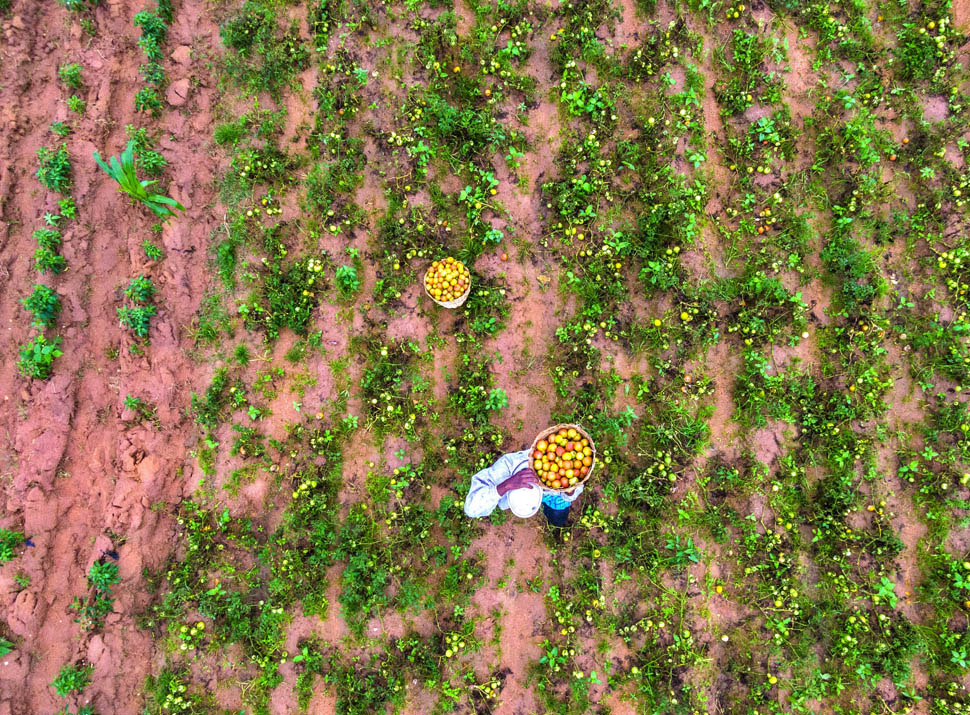
“We need more data to be able to continue building our narrative,” said Stefania Amato, who oversees C40’s Food Strategy. "Data collection is difficult unless you have dedicated people collecting the right data at the right time in the right places, so that’s the first thing we’re going to look at. It’s central to what we do, because our organization is there to support mayors and their teams, but behind the scenes it’s data that we are sharing within the network. It doesn’t sound so sexy, but it’s the foundation of what we do.”. “This is a huge amount of money that will be a game changer for us in providing more resources for those leading mayors to take more action.”, says Zach Tofias. “We are surprised that we won and we have a lot of ideas, so we need to take a breath and think about how we can deploy those funds most effectively. We have a huge amount of responsibility that comes with this prize, and we don’t have a lot of time because we are in the middle of a climate crisis. What we are going to do is focus on providing more tools to take more cities to take impactful action. It’s not just a global north issue it’s not a global south issue, we see it as a cities issue, and a humanity issue.
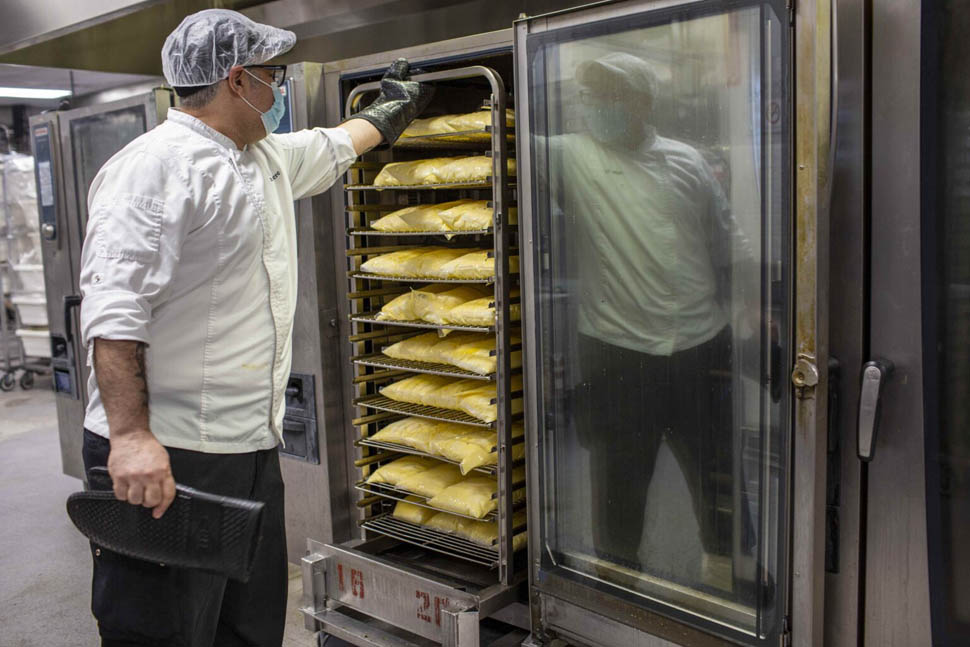
There seems like there is a lot of change in politics at the moment. Everywhere there are new movements, there are political ideologies coming to power that we haven’t seen in places for decades. Surely that makes it difficult to coordinate between mayors of competing and disparate political ideologies. We are in the enviable position that we are a climate change organization and we are an exclusive group, created by mayors for other mayors,” says Zach. “We have a leadership standard that mayors need to adhere to, and if they don’t, then they are no longer part of the organization. We focus on food and food equity and inclusivity so we want to make cities in the world a better place for all who live there. Mayors are the closest form of government to the people, because of that they are responding to crises all the time. When there is flooding in the streets, they are managing waste, crime… and so many problems simultaneously that they are really engaged with our work as a resource to help them best tackle food issues within their administration.”
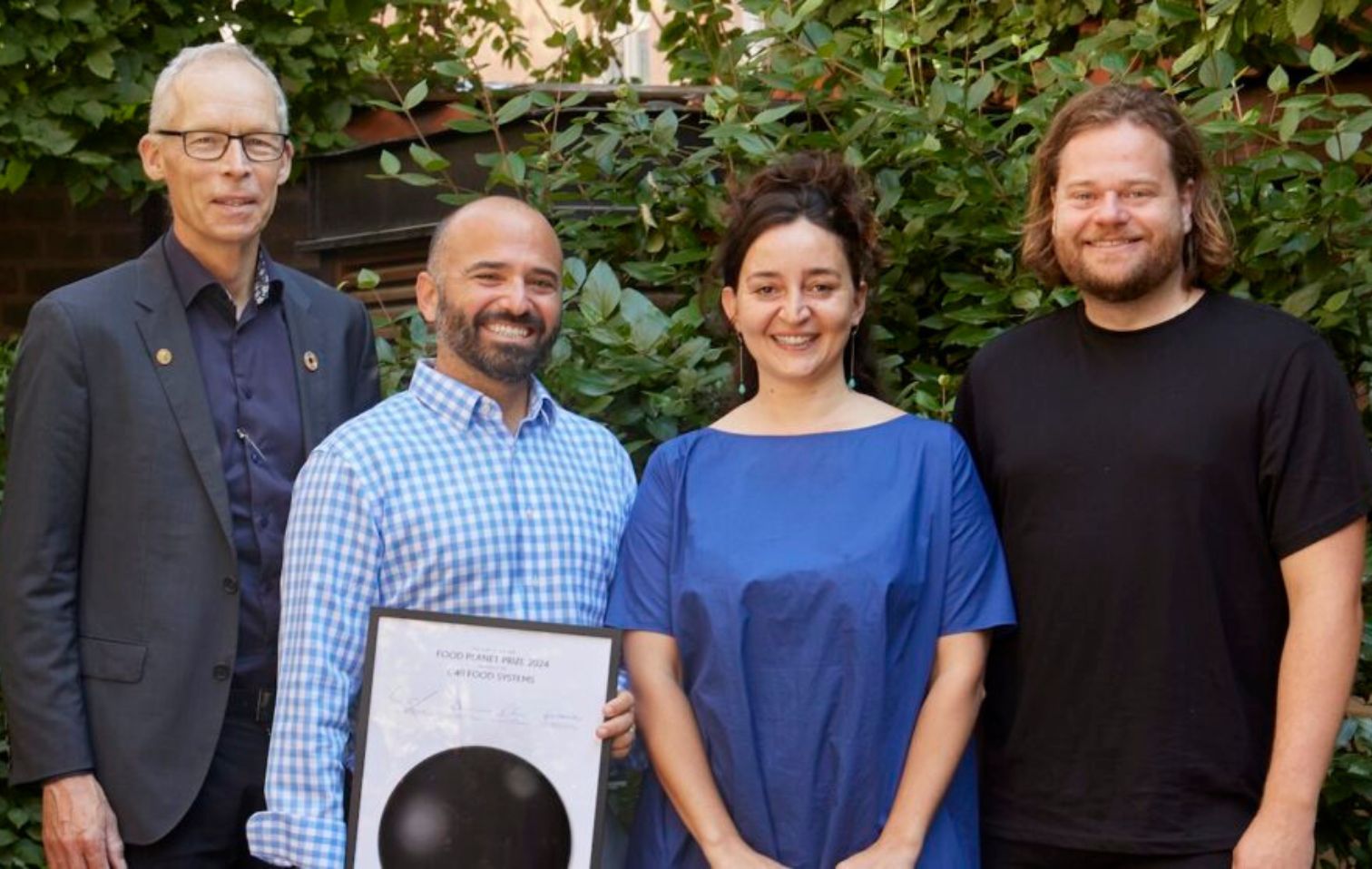
Stefania Amato is based in Milan, Italy, a city that has been leading the way in recent years in terms of food system improvement. “Milan is doing really well,” she says. “They’re doing a great job of affecting transformation in many different areas. They are making an impact in schools, for public transport they are really on track on a lot of issues. They were at the leading edge in many ways, in terms of coming up with real data on food use in the city and realizing that 20% of the carbon emissions are related to food in 2021 was an eye opener for everyone around the world, So they are really on top of things. They keep creating new food apps that serve as a logistics platform to gather data that they can then use to repurpose surplus food from retailers for people in need. It’s a winning model and they are scaling it, Just last week they launched a new one, a sixth in the city and they are supporting so many cities around the world, helping them to replicate their model. They provide a logistical space where all retailers can engage, NGOs can engage, there’s a network of soup kitchens that are utilizing food waste, they are coordinating supply and demand in a very smart way." Of course, chefs have an important role to play in all of this. They are uniquely placed to act as a bridge between suppliers and the consumer. “The role of chefs is huge,” says Stefania. “They can be game changers. Bottura has done a great job on food waste, he changed the way people think about food , not only in Milan or Italy but in cities around the world.”
